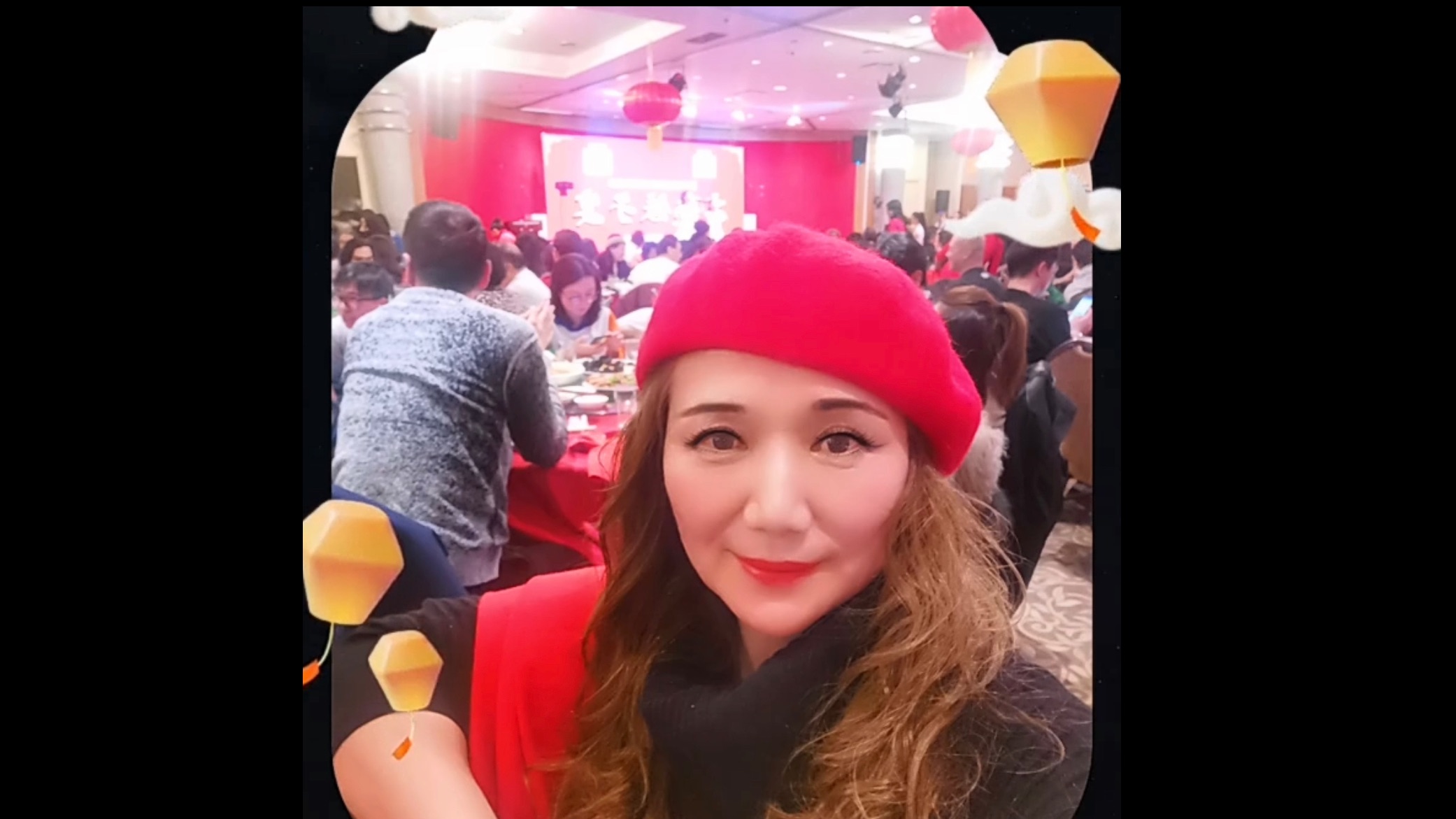Vancouver, a multicultural city, has nurtured various Chinese communities and gatherings. With New Year's Day approaching and the traditional Chinese Spring Festival not far behind, major communities are sending out invitations for large celebrations after Christmas. Can familiar or unfamiliar Chinese people gather and chat? Since the advent of smartphones, people's ability and desire for face-to-face conversation have been rapidly declining. Currently, a common phenomenon at various forms of gatherings is: either people are focused on eating, or they can't put down their phones, busy live-streaming, recording, and taking photos, with very few engaging in conversation. What seems like a bustling event rarely provides opportunities for high-quality, in-depth communication; these large gatherings often turn into mere feasting events where people come together to eat and drink.
In this city, with a large Chinese population and thriving communities, most gatherings of over a hundred people choose restaurants that can accommodate dozens of large round tables. There are several such restaurants in Richmond and Chinatown, primarily hosting various Chinese community banquets and wedding receptions. The dim sum and dishes they offer are mostly Cantonese and Hong Kong style, and the average cost per person for such gatherings is over $40. Luncheons for chambers of commerce and corporate annual meetings, such as spring banquets, mid-autumn banquets, and senior citizen banquets, often see a large turnout. The organizers choose these venues for their good food and spacious halls with stages and projectors. Dozens or even hundreds of people gather around tables, some familiar and some not, creating a noisy atmosphere, but the content of their exchanges is limited to discussing the food, casual greetings, or superficial conversations about getting to know each other.
The Chinese community in Vancouver is not lacking in gatherings that truly promote cultural exchange, such as literary exchange meetings, calligraphy and painting exhibitions, poetry salons, and concerts. These are mostly niche gatherings, where guests are served tea and snacks, often followed by a self-service cold meal after the sharing ends.
Many people attending large-scale gatherings in Vancouver come with their own agendas, whether to promote political goals, seek sponsorship, or cultivate potential clients through corporate promotions and appreciation events. Conversations tend to be superficial, with people sizing each other up and assessing each other's value, discussing where they are from, how many years they have immigrated, local customs, or certain shared memories of significant social events, avoiding topics that nourish the spirit and engage the mind. Because of these agendas, some individuals find it hard to relax; their eager gazes create pressure for those who initially came with a light-hearted attitude, making everyone cautious and careful in their conversations.
Many people focus their attention on the stimulation of their taste buds, burying themselves in their meals at the table, often not saying a word throughout the entire event.
Culture is not something to participate in for a specific purpose; culture itself is the purpose. In Vancouver, organizers or sponsors of the Chinese community should encourage community members to share their personal cultural experiences more, creating a truly deep exchange ecosystem for Chinese gatherings. Instead of always organizing gatherings of over a hundred people, which, aside from promoting Chinese culinary culture, offer little substantial value or content.
The Chinese community in Vancouver has vast resources and potential. Chinese gatherings should advocate for genuine and open communication methods, changing the format and content of gatherings to help Chinese individuals enhance their vitality, making gatherings more social rather than just repeated large banquets.
If Chinese gatherings only provide cultural resonance through dragon and lion dances or folk performances, it may be ineffective socializing for some individuals.
High-quality gatherings can help community members find their cultural home in this city and assist new immigrants in integrating into the local community more quickly, making friends and building social networks. Most Chinese gatherings in Vancouver revolve around eating and drinking, and this format has existed for decades, indicating that there is a soil and environment for its existence. With the influx of new immigrants from the mainland, newcomers can choose to participate or not based on their own situations, without necessarily conforming to local customs, rationally setting their expectations according to personal preferences.
Many long-time immigrants who have participated in such gatherings hold the intention of reuniting with fellow countrymen, enjoying traditional Chinese festivals in a relaxed and joyful manner. The pleasant memories created through food gatherings already meet their social expectations.
If you, living in Vancouver, have no interest in such gatherings, then don't go.
“Wine meets a confidant, poetry is recited among friends; acquaintances are everywhere, but how many truly understand each other?” Inviting a few friends over for a small gathering at home, sharing drinks and tea, chatting by the fire, opening your heart, expressing your feelings, and having deep conversations to welcome the New Year and Spring Festival—how delightful and beautiful is that?
Or perhaps being alone, enjoying flowers, reading, writing, playing the piano, listening to music, connecting with the masters in books and music—who says this isn't a way to celebrate the New Year, a different, higher-dimensional form of socializing?
The world is noisy.
However,
we can
choose
to live quietly.
